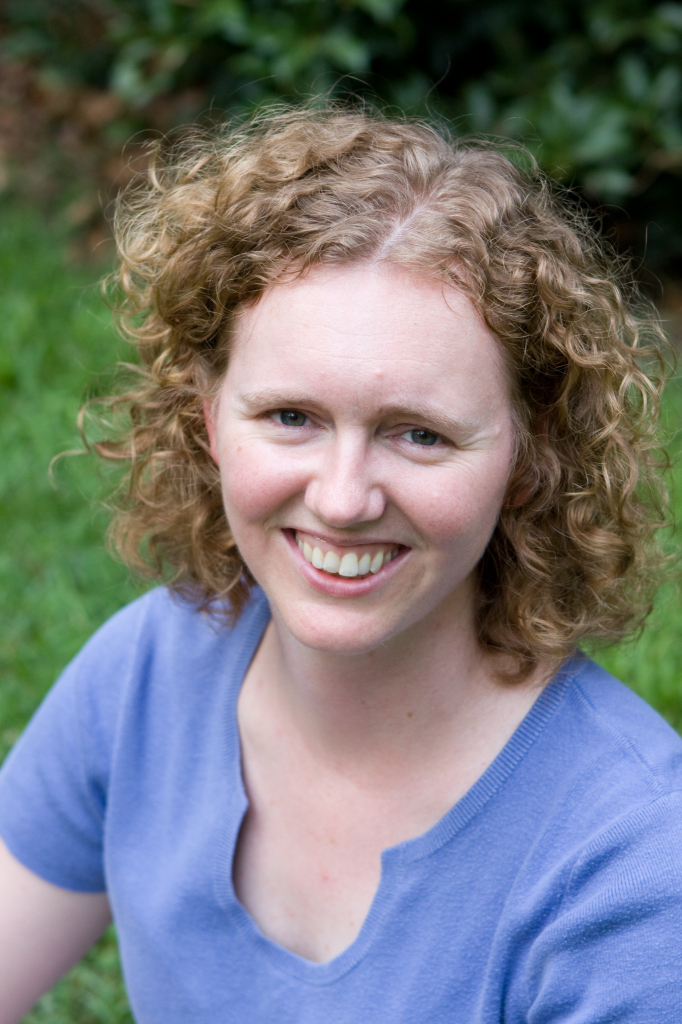Podcast: Play in new window | Download
Subscribe: Apple Podcasts | RSS
Dr. Anne Jefferson is an Assistant Professor in the Department of Geology at Kent State University. She received her Masters Degree in Water Resources Sciences from the University of Minnesota and her PhD in Geology from Oregon State University. She completed postdoctoral research at Oregon State and served on the faculty at the University of North Carolina at Charlotte from 2007 to 2012 before joining the faculty at Kent State. Anne is with us today to tell us all about her journey through life and science.
People Behind the Science Podcast Show Notes
Life Outside of Science
When she’s not working on her research, Anne enjoys spending time outdoors with her family hiking, biking, and traveling. Anne also has a young daughter who is already excited about science and loves to visit her in the lab.
The Scientific Side
Her work is focused on rivers and ground water, particularly in cities or human affected environments. Anne studies the way landscapes and environments interact and how humans affect both.
A Dose of Motivation
“Man’s mind, once stretched by a new idea, never regains its original dimensions.” by Oliver Wendell Holmes.
“We gain strength, and courage, and confidence by each experience in which we really stop to look fear in the face… we must do that which we think we cannot.” by Eleanor Roosevelt.
What Got You Hooked on Science?
Anne’s mother claims she was interested in landslides and snow melt runoff channels even back when she was a preschooler. Anne remembers her wonderful science teacher in middle school who ran the science fair program. She ended up making a science fair project related to geology because she wanted to learn about something that neither of her scholarly parents knew anything about.
The Low Points: Failures and Challenges
The transition from working on volcanoes in Oregon to working on urban streams in North Carolina wasn’t the smoothest. When she moved to Charlotte, her daughter was about 6 months old, she was teaching for the first time, and she was in a completely new environment. Anne struggled. In her first three years there, she submitted over 20 proposals for funding and kept getting rejections.
A Shining Success!
Her lab has been working on a stream restoration project, and they just recently submitted the manuscript with the results. It was wonderful to see her student earn a master’s degree and get a great job. It was also exciting to submit their first paper purely related to urban streams and stream restoration since this is a completely new field for her.
Book Recommendations
Song of the Dodo by David Quammen, Spillover: Animal infections and the next human pandemic by David Quammen
Most Treasured Travel
During her PhD research, Anne spent a lot of time near Mount Hood in Oregon. She was fascinated by the springs and streams emerging from volcanic rock. It was incredible to see full sized rivers emerging from the side of a hill!
Quirky Traditions and Funny Memories
Anne truly recognizes the importance of celebrating successes. When she was a PhD student, her advisor used to say that a paper was a bottle of wine. Whenever she or someone in the lab has a success, Anne tries to plan something as a reward to commemorate the occasion.
Advice For Us All
Don’t be afraid to think beyond what you know.
Guest Bio
Research in Anne’s lab focuses on watershed hydrology, groundwater-surface water interactions, and landscape evolution in human-altered and volcanic landscapes. Much of her research is field-based, but her group also makes use of stable isotope analyses, geographic information systems (GIS), and modeling. Anne’s research has taken her everywhere from her local streams and stormwater ponds to the wilds of the Canadian Arctic, the Galapagos Islands, and Oregon High Cascades. In her free time, Anne enjoys hiking with her dog through local forests and streams and traveling with her family. Recent highlights include the United Kingdom and Antarctica! She shares her adventures and perspectives on Twitter as @highlyanne and on her blog Highly Allochthonous (http://all-geo.org/highlyallochthonous/).

[…] https://www.peoplebehindthescience.com/dr-anne-jefferson/ […]